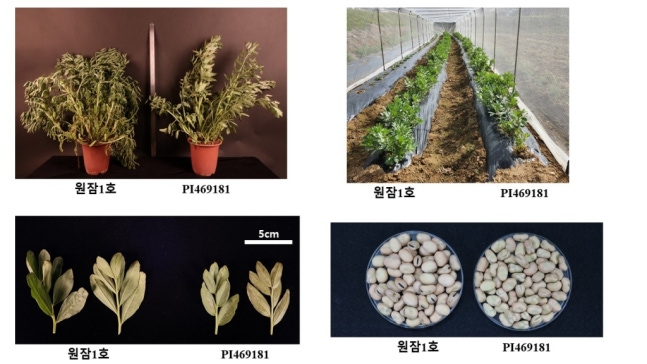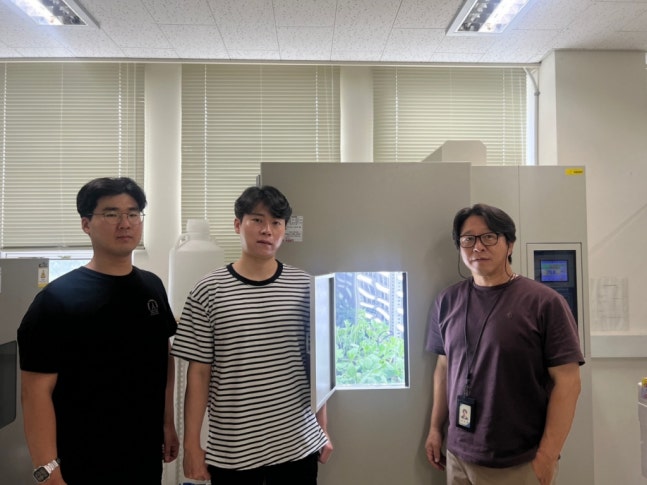
First domestically produced superfood, Jamtdu, has been released... "Effective in preventing Parkinson's disease"
2024.08.06 14:22
Views Likes Scraps
Potato seed. I've never heard of it before.
It is said to be a superfood that is good for Parkinson's disease.
Because it does not suit our country's environment, we relied entirely on imports.
They say that the Nuclear Research Institute has developed the No. 1 Jamdu.
That's really good news.
I hope domestic Jamtuda is quickly distributed to farms as a new crop.
I think it would be great if many people could experience its benefits together.
--------------------------------------------------

A domestic research team successfully developed the country's first new variety of Jamtdu, 'Wonjamu 1-ho,' using radiation-induced mutagenesis technology.
On the 6th, it was announced that a research team led by Dr. Kwon Soon-jae, head of the Radiation Breeding Laboratory at the Korea Atomic Energy Research Institute (KAERI), developed a new variety of soybean that can be efficiently cultivated in Korean soil using radiation breeding technology, and filed a variety protection application with the National Seed Management Center.
Faba bean, known as a "superfood" believed to boost immunity and prevent disease, is a type of bean that has been used as food for a long time in Europe, the Middle East, and Africa.
It contains a large amount of the precursor 'L-DOPA,' which is the precursor to dopamine, a neurotransmitter that plays a crucial role in preventing the decline of motor skills in Parkinson's disease patients. However, Korea's cold soil is unsuitable for cultivation, so it has relied entirely on imports.
The research team received 371 seed resources of 잠두 from the United States Department of Agriculture in 2014. Among them, they selected the 'PI469181' variety as the original breed, which can best adapt to the domestic climate and be rotated with major domestic crops such as rice and soybeans.
Subsequently, through processes such as gamma-ray irradiation, lineage breeding and selection, and cultivation evaluation, a variety with excellent cold resistance, known as 'cold tolerance,' was finally selected. This variety was named 'Wonjam 1st' and a patent application for the variety was filed last March.
The overwintering rate of Wonjam 1 (the survival rate of winter crops) is 96%. It is significantly higher than the original variety's overwintering rate of 64%.
The Lee Research Team, in collaboration with Professor Seok-hyun Eom's team at Kyung Hee University, has developed and filed patents for seasonings, tea brewing methods, and meat odor removal techniques using lotus seed leaves.
The seeds contain a higher amount of L-DOPA compared to the seeds, but they have a distinctive grassy smell, which has been criticized for reducing commercial viability. The research team developed a method to roast the seeds at 160-180°C to eliminate the odor while maintaining the L-DOPA content.
Based on the results of this study, the research team plans to jointly discover genes related to cold tolerance with the IPK Institute under the Leibniz Association in Germany.
Director Jeong Byung-yeop of the Advanced Radiation Research Institute stated, "We will continue to do our best to develop new varieties and health functional foods through radiation-induced breeding."

1
0
Comments 2